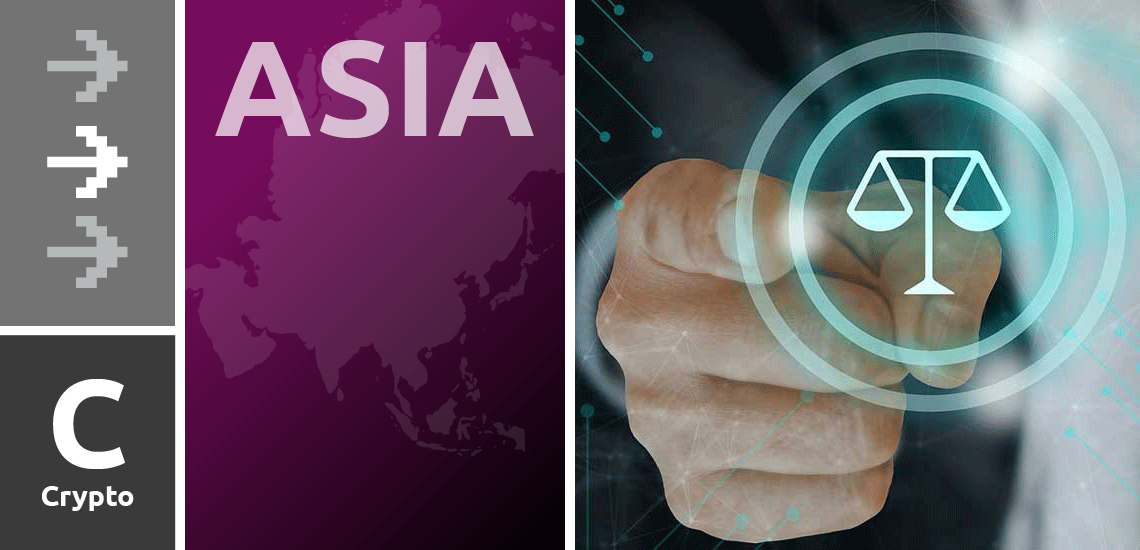
Ripple’s recent legal victory against the US Securities and Exchange Commission (SEC) has had significant implications for its cryptocurrency, XRP. The ruling by Judge Analisa Torres classified XRP as a non-security, providing much-needed clarity for the token in the US. Ripple’s Chief Legal Officer, Stuart Alderoty, highlighted this unique status in an interview with CNBC. However, Alderoty cautioned that not every crypto company should have to go through similar legal battles to gain regulatory clarity and called for a rational regulatory framework. He expressed skepticism about the prospects of such a framework materializing in the near future due to political factors. Alderoty pointed to other countries like Singapore, the United Kingdom, Dubai, Brazil, Australia, and Japan, where regulators focus on encouraging compliance with rigorous regulatory regimes rather than stifling innovation. Ripple’s subsidiary in Singapore recently obtained a Major Payments Institution license, allowing it to provide regulated digital payment token services. With the court ruling in its favor, Ripple may now explore partnerships with US financial firms for cross-border transactions. Overall, the ruling has provided XRP with a clearer path forward in the US market.
This News Article was automatically generated by Bob the Bot (AI)
This News Article was automatically generated by Bob the Bot (AI)
| Information | Details |
|---|---|
| Geography | Asia |
| Countries | 🇸🇬 🇬🇧 🇧🇷 🇦🇺 🇯🇵 |
| Sentiment | neutral |
| Relevance Score | 1 |
| People | Analisa Torres, Monica Lang, Stuart Alderoty |
| Companies | US Securities and Exchange Commission (SEC), Ripple, Ripple’s subsidiary in Singapore, Monetary Authority of Singapore (MAS), CNBC |
| Currencies | XRP |
| Securities | None |

